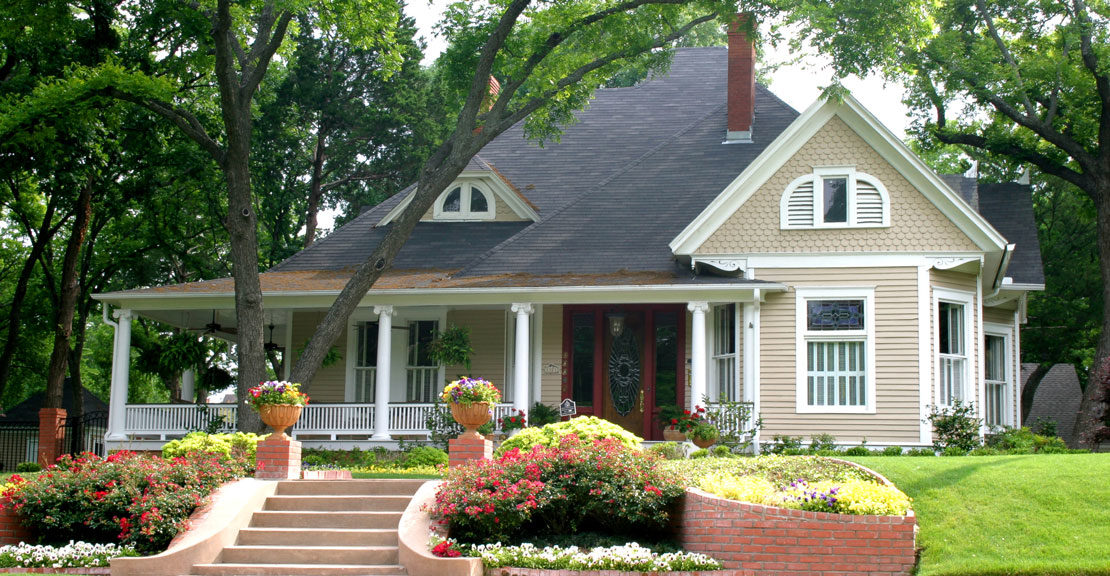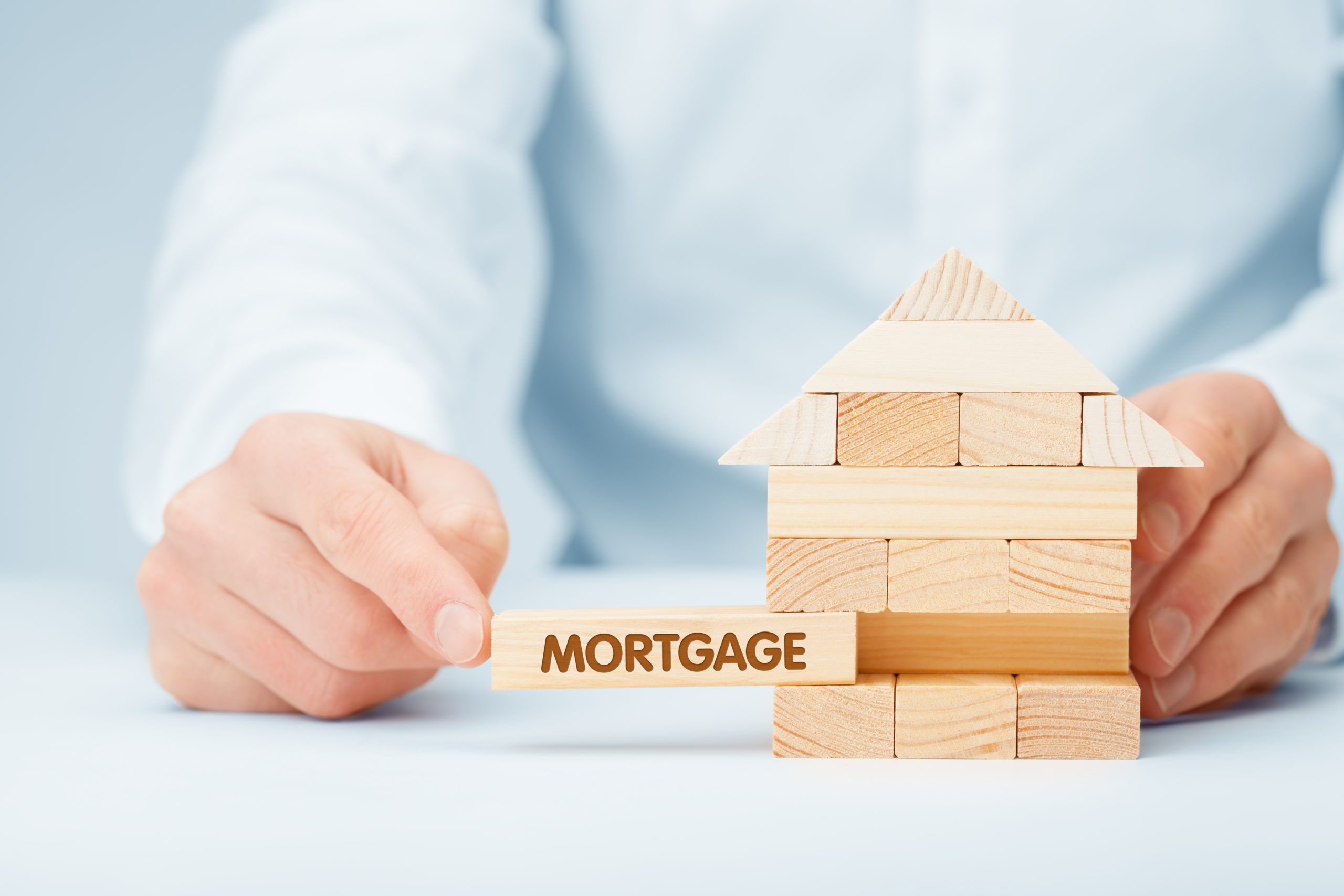When you decide to put your home on sale, one of the most significant concerns is the time it will take to sell the property. To some, it may seem to be a long wait, because you need to make preparations, stage the house, and carry out multiple showing sessions. Several factors may come in play, but the rule of thumb still stands: Highly priced homes tend to stay in the market for long, and eventually sell at a low price. We will discuss that later in this post.
When you look at data based on the average home sales in the US, 40% of listed homes tend to sell within the first 30 days. Nonetheless, those that do not sell within the first month usually take about 65 days. Here’s what you need to do to determine the average number of days your on-sale property may take to sell.
Count the number of homes that get sold in any particular month, as well as the number of properties that are pending. Add the two counts and five the sum by the total number of homes. That gives you the average number of days.
Factors Affecting Home-Selling Duration
Several factors may affect the length of time it takes for you to close a deal on the home you’re selling. They include location, price, property condition, market condition among others.
Location and Neighborhood Like-ability
To property hunters, location significantly affects their level of interest in a home on sale. Home buyers often look for properties located in neighborhoods that best suit their lifestyle and family state. Is your property located on a tidy and serene community? Are schools, hospitals, and other amenities easily accessible from the location?
Residential properties located in front of a freeway, or close to a railway line may spend quite some time in the market. If you own a home in such a location, the chances are that you’ve become accustomed to the noise. However, a new buyer who never woke up to morning hoots and tire screeches may be particularly concerned about that. On the flip side, a property in an ideal, family-friendly location adds value to the property, because most home buyers are inclined to splurge considerable sums of money to own such homes.
Price
While the location may be a concern in real-estate purchases, the price tag on an on-sale property is also a real equation. At the back of your mind, remember that listed homes with higher prices attract fewer buyers than those that fall under the price range of $300,000.
Unfortunately, most sellers have been misguided by the notion: To get the best returns, you need to place your asking price at 15% higher than the trending market prices. Such a move puts you at a high risk of selling the home at an even lower price. Why?
Consider this: Most people looking for property for sale seek the professional assistance and support of a real estate agent, who knows the average prices of properties in a given community or region. A research by the National Association of Realtors (NAR) reported that 60% of registered realtors use MLS (Multi Listing Services) technology and apps to get potential options for their clients. That said, if they find your overpriced home, yet there are several others with the same features at competitive prices, they [agents] will barely consider setting showing session.
Now that your property has taken longer than expected to sell, you get compelled to reduce the price, so it matches the market prices. Such a drastic plunge in pricing sends a message of desperation to any agent perusing the MLS on their client’s behalf. The only bites and offers you’ll get will be at an even lower price than the already reduced price. It’s all in the mind; when agents see your home lying in the market for months even after price reduction, they’ll obviously say, “They must sell it at this point even at a lower price.”
Property Condition
While the asking price may be directly proportional to the length of time a home lingers in the market, there are some exceptions in regard to the home condition. If an old-fixer property appears to have a bargain price, it may sell quicker than a newly developed house with a huge price tag. On the other token, in a market crowded with modernized and updated homes, an older option may stay in the market for a considerable while.
However, if your agent manages to market the property effectively such that you get several showings to showcase a tip-top property, you may get a promising response. It may be a request for a second showing or further information or a real deal.
Therefore, you need to prepare the home and stage it to lure potential buyers. Staging plays a critical role when marketing a property, as it focuses on satisfying buyers’ needs and wants. A real-estate analysis specified that 81% of home buyers rely on staging to picture a property as their future residence. Additionally, staging compels homebuyers to spend an additional 1-5% of the total home value than on a non-staged house. Some commonly staged rooms in a home include the kitchen, living room, dining room, and master bedroom.
- Updates and Upgrades – While other persons may fancy an upper-fixer home, others prefer moving into all-furnished, ready-to-move-in homes, and are ready to meet your premium costs to have such comfort. For instance, an upgraded roof brings in an additional 80% of its value during a sale. Also, many people avoid incurring the high costs of home remodeling projects, especially in high-cost areas like the bathroom and kitchen. Regardless of the property’s location, you may want to look at regional upgrade options and how those investments recoup their value from home remodeling magazines. Including the trending upgrades gives you the most bang for your money.
Market Conditions
Real estate markets are very dynamic. The same way you’d sell a home in a hot market is not the same approach you’d use in a cold market.
In a hot/ seller’s market , homes sell much faster because the number of buyers is higher than that of sellers. High prices usually characterize such a market, bidding competitions, wavered bargaining opportunities, and quick sales. These conditions give sellers a better negotiating power.
In a buyer’s market, there are more sellers than willing buyers. Due to the higher number of properties on sale, a buyer has different options. If they don’t like a home, they have the choice of leaving it and sampling other alternatives on offer.
That creates the need for a Comparative Market Analysis (CMA) for the area. You also need to exercise patience after listing a property for sale so that it may bring the desirable offers. If you close a deal on a home within a week, the price must have been low. Many people can meet any price tag. You need to give the property an extended time to attract an excellent offer.
If your home barley gets any lucrative offers, there’s only one thing you can do: A price reduction. It’s imperative because sooner or later, you’ll have to do that. Even so, run another CMA, because, within a short while, market conditions and prices may change.
Access to Financing
In the US, a lot of home buyers apply for mortgages or other sources of debt-based lending to secure a home. This process usually depends on their eligibility, and a pre-approval by the lender so they may consider contacting you for an offer. If there are limited sources of mortgages or financing, only a handful of buyers will be able to make a reasonable offer. With few potential home hunters, sales margins of listed homes remain low. On the flip side, if there are several financing options, the number of new bids spike and homes sell much faster. Hence, do your research on the availability of mortgages within your area and assess how that may impact the sale of your residential property.
Home Value
An appraiser usually determines the value of your home during the initial purchase transaction. And if you’ve received refinancing on several occasions, there is a high likelihood that the appraiser may value your home highly so that the lender may get the most out of a sale. Therefore, you need to have a price that is at par with the appraiser’s set value. If the figures intersect, it may repel most prospective buyers. The home then stays in the market for a lengthy period.
What do we get from this? In the bid to get your home sell quickly and at a desirable price there is need for valid pricing and marketing. You need to conduct a CMA before setting the asking price, so you don’t have to revert to an even lower value. As a seller, you also need to have the property in an excellent condition and give it ample time in the market for it to bring in the true market value.




Leave a Reply